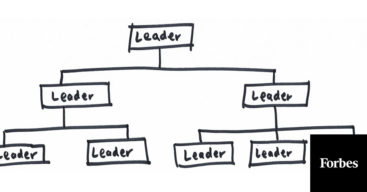“Comedy is defiance. It’s a snort of contempt in the face of fear and anxiety. And it’s the laughter that allows hope to creep back on the inhale.” — Will Durst, (1952 – present) Comedian, Political Satirist
Last week I facilitated a planning offsite for the senior leaders of a financial services firm. They’re a sharp group known for taking smart risks and have been very successful at it over the last 20 years. Never ones to hold back, the conversation became very intense at one point. Two executives angrily argued back and forth on an issue for 10 minutes. The temperature in the room felt like it had tripled in that time. Sensing the impending explosion if they kept pushing, they both just stopped talking. The room fell silent. All eyes turned to me. I was about to say something when another executive in the room piped up.
“I could use a hug.”
The timing was perfect. Moreover, the guy who said it was 6’4″, tough as nails, and a former Marine. Smirks started to crack around the room. The juxtaposition was hilarious. I asked everyone to please honor his request. Ten executives got up and gave him a group hug. Everyone was laughing. The tension melted. We put the original issue on a side burner and were able to move forward with the agenda.
The incident was a great reminder to me of just how important humor is in our daily lives – especially these days when there are so many reasons to feel tense. We can take ourselves too seriously and fail to see the absurdity in things. I love the last sentence in Durst’s quote above – it’s the laughter that allows hope to creep back in. That’s exactly what happened in this client meeting. A well-place joke took the room and shook it a little, suggested things weren’t so serious, and gave everyone hope they could get back on track. That’s what comedy does for everyone.
Try this:
The next time you’re feeling really stressed:
- Write at the top of a sheet of paper, “What I’m Worrying About Right Now”
- List out everything that’s weighing heavy on your mind
- Next to each item gauge the amount of worry you’re dedicating to that item on a scale of 1-10 (1=none, 10=all consuming)
- Then, using the same scale, gauge the amount of worry you think you should be dedicating to that item
- Wherever #3 is much higher than #4, find a way to find a little humor in it.
— Doug Sundheim is a leadership consultant, author, and speaker. His book on Smart Risk-Taking is due out in 2012.
©2011 TakingSmartRisks.com. All rights reserved. You may send this to your friends and family, but please don’t republish it in any form, electronic or mechanical, without written permission from us.



